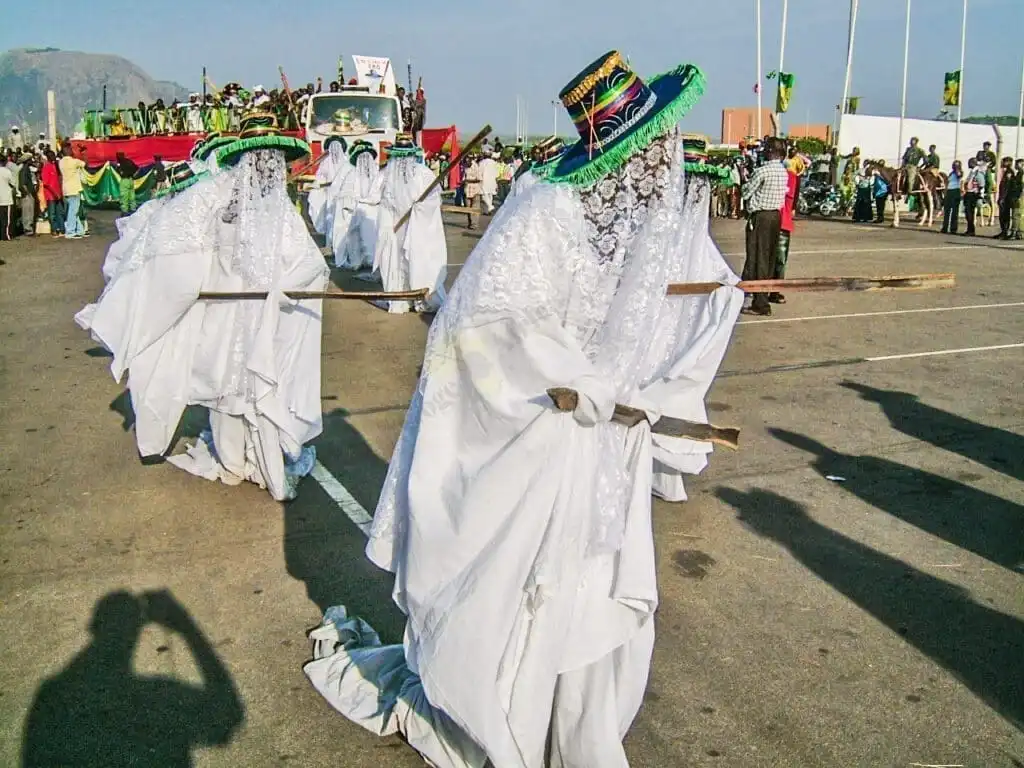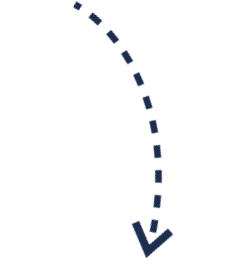Drums, Spirits & Celebration: Unmissable Festivals in Nigeria
In Nigeria, festivals are more than events they are living ceremonies. They beat like the pulse of a nation layered with tradition, storytelling, rhythm, and the ancestral memory of hundreds of ethnic groups. Here, the past does not slumber it dances in masquerade regalia, chants in sacred groves, and surges through rivers alive with human energy.
Whether you’re a traveller seeking cultural immersion or a Nigerian longing to reconnect with your roots, here are unmissable festivals that offer front-row seats to the country’s spiritual soul and vibrant diversity.
1. Argungu Fishing Festival – Kebbi State
When: February–March (annually)
Every year, thousands gather at the banks of the Matan Fada River not to swim, not to sail, but to fish with their bare hands. The Argungu Fishing Festival, one of the most thrilling spectacles in West Africa, is a celebration of strength, tradition, and unity.
What began over 80 years ago as a peace treaty between rival kingdoms has now become an electrifying competition, where over 10,000 fishermen leap into the water simultaneously, armed only with hand nets and courage. The winner is the one who catches the biggest fish some tipping scales at 70kg or more.
Don’t Miss: The pre-fishing festivities: camel races, wrestling bouts, and traditional boat displays.
2. Osun-Osogbo Festival – Osun State
When: August (annually)
Held deep in the sacred groves of Oshogbo, this UNESCO listed festival honours Osun, the Yoruba goddess of fertility, love, and fresh water. The Osun Oshogbo Festival is more than a ritual it is a spiritual homecoming.
For two weeks, the town transforms into a river of white garments, cowries, and chants. The climax is the procession to the Osun Sacred Forest, where the Arugba (a virgin girl chosen by divination) carries offerings to the goddess. It’s a breath taking blend of faith, art, and ancestral reverence.
Don’t Miss: The mystic beauty of the Osun Sacred Grove sculptures, created by Austrian artist Suzanne Wenger.
3. Ofala Festival – Anambra State
When: October (annually)
A festival of royalty, regalia, and the rhythm of drums that announce the king’s majesty the Ofala Festival is celebrated by the Igbo people of southeastern Nigeria to honor the Obi (traditional ruler).
It’s a regal affair. The monarch emerges in full ceremonial attire, flanked by chiefs and dancing women adorned in coral beads. It is both a spiritual cleansing and a display of political strength, as people pay homage and receive blessings from the throne.
Don’t Miss: The Iwa ji (new yam) ritual, symbolizing prosperity and gratitude for the harvest.
4. Eyo Festival – Lagos State
When: Irregular (often held to honour a prominent Lagosian or during state ceremonies)
An ancient Yoruba masquerade unique to Lagos Island, the Eyo Festival is a visual spectacle like no other. It features white clad figures known as Eyo (or the “Adimu Orisha”) dancing through the streets with tall hats and staffs.
Believed to escort the spirits of the dead into the afterlife, this festival transforms the bustling city into a spiritual playground. It’s Lagos, stripped to its roots echoing with bata drums and cloaked in centuries of tradition.
Don’t Miss: The dramatic entrance of the Agogoro Eyo the tallest of the masquerades.
5. Durbar Festival – Northern Nigeria (Kano, Katsina, Zaria, etc.)
When: Eid al-Fitr and Eid al-Adha (Islamic calendar)
The Durbar Festival is the North’s answer to royal pageantry. Held at the end of Ramadan and during Eid al-Adha, this centuries old tradition is a celebration of faith, bravery, and loyalty to the emir.
Picture hundreds of horsemen in flowing turbans and embroidered robes, galloping in perfect formations before a grand palace. It’s a powerful homage to ancient cavalry warriors who once defended kingdoms and honored their emirs.
Don’t Miss: The final charge toward the Emir’s throne a thunderous display of loyalty and equestrian mastery.
6. Calabar Carnival – Cross River State
When: December (month-long)
Touted as “Africa’s Biggest Street Party,” the Calabar Carnival is where tradition meets modern spectacle. Unlike many indigenous festivals rooted in ancestry, Calabar Carnival celebrates Nigeria’s unity and creativity with vibrant costume parades, live music, dance troupes, and fireworks.
It’s colourful, competitive, and unabashedly joyful with each band bringing a unique theme that tackles social issues with flair.
Don’t Miss: The Bikers’ Parade and the jaw dropping performances of the Seagull, Passion 4, and Masta Blasta bands.
7. New Yam Festival – Celebrated Across Igbo Land
When: August–September
Known locally as Iri ji ohu, the New Yam Festival is a pan Igbo celebration of the harvest season. Yams, considered the king of crops, are offered to the gods and ancestors before being shared among the living.
It’s a deeply spiritual festival marked by masquerades, traditional wrestling, and feasting. In many villages, the Igwe (king) must taste the yam first, blessing the people with abundance.
Don’t Miss: The masquerade performances, where the line between the seen and unseen blurs.
Final Thoughts
Nigeria’s festivals are not performances they are portals. They connect the past to the present, the visible to the invisible, the divine to the everyday. Whether you’re knee deep in river mud at Argungu or awestruck beneath the royal parasols of Ofala, one thing is clear:
Nigeria does not merely celebrate — it communes.






